Science has been my mother tongue when people weren’t, in that it moved with me and my thoughts no matter what place I was. No matter how happy or sad or lost I was, I knew that at least where I stood, it was there around me.
Luke Robert Mason (Page 2 of 3)
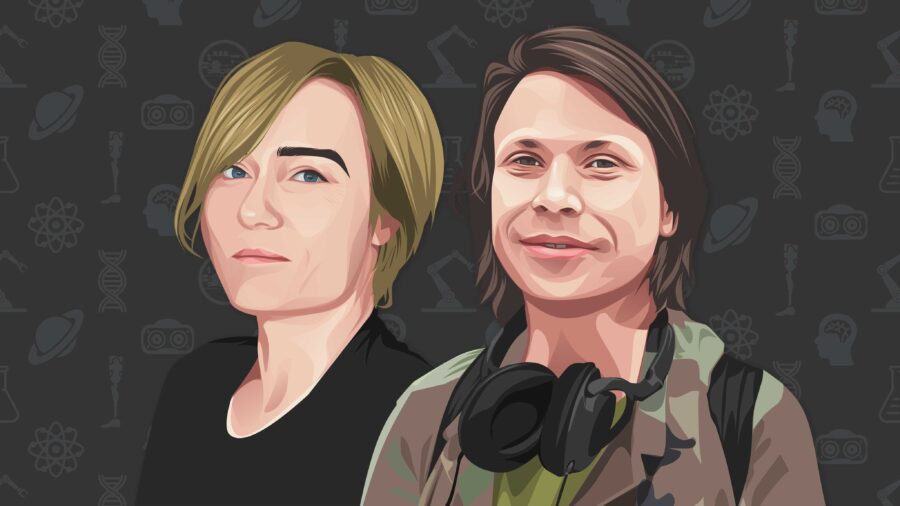
Hacking, originally, is a technical practice. It’s an ethos of technologists, but it’s increasingly becoming a metaphor for a new kind of social activism, which is all about distributed democracy, distributed power, distributed decision making.
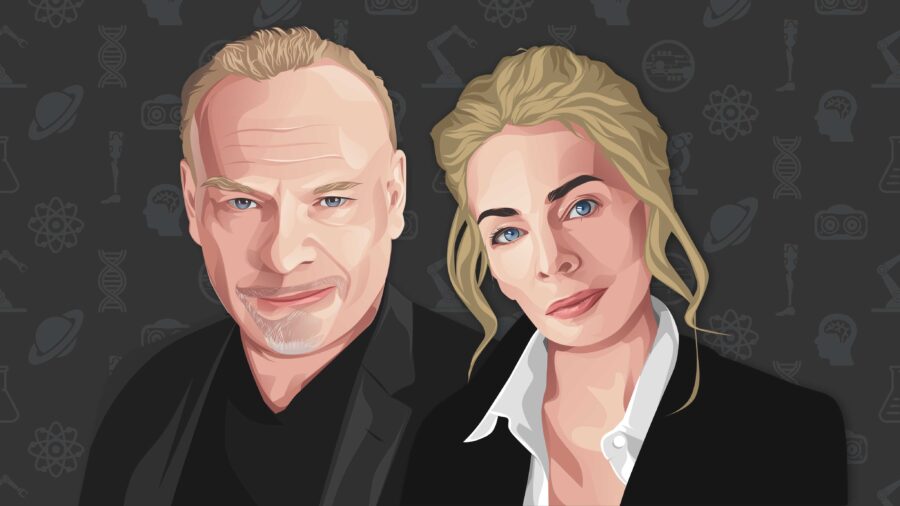
I think people are asking the question, “What are we going to become? What does it mean to be human?”
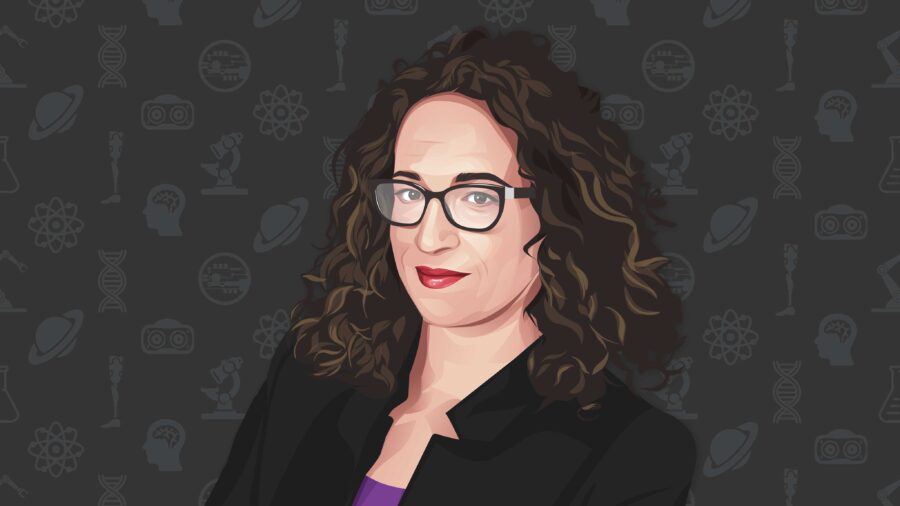
I would like to see a future in which we all still have agency, and my concern is that we are getting further and further away from a future in which each one of us has the ability to make decisions.
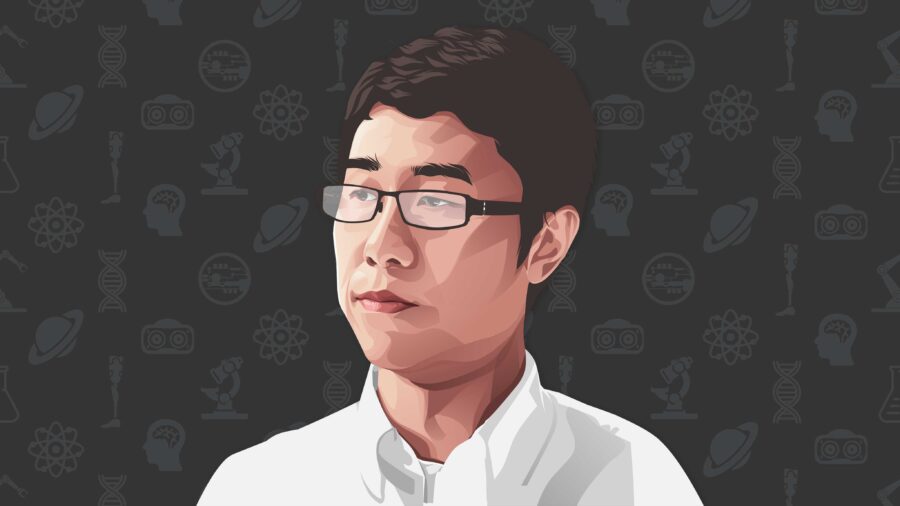
iSlavery is more about workers and consumers losing their autonomy, losing their freedom. They become enslaved in different ways. One looks more pleasant than the other, but in the end it’s about reducing our options; reducing our freedom.
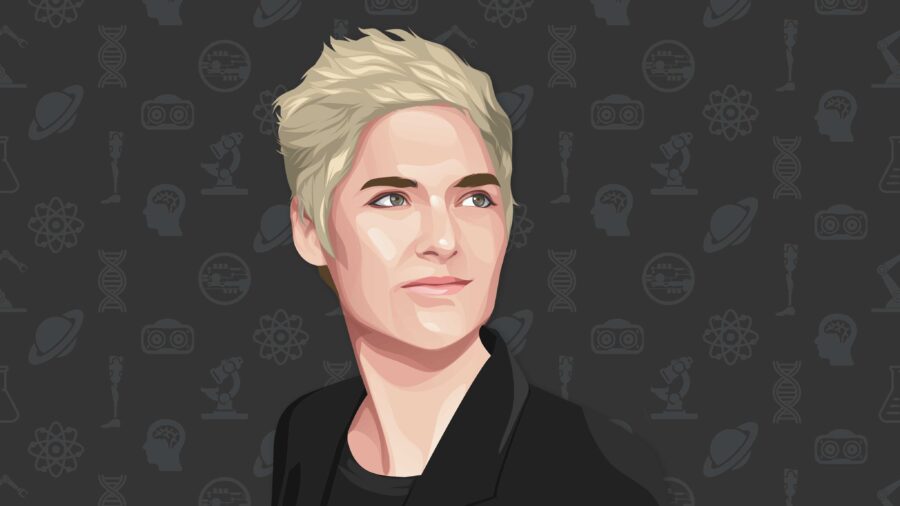
Calm technology is the idea that the scarce resource in the 21st century is not technology, it’s our attention. And how technology takes advantage—or not—of our attention, is something that we can change.
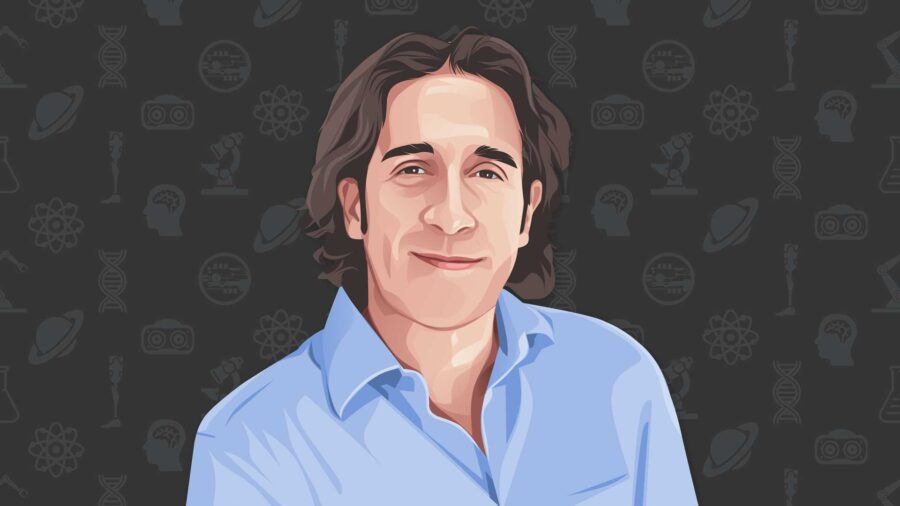
The cool thing about VR is you can do things that you can’t do in the physical world. Leveraging this paradox, which is that the brain treats it as real, but you can do the impossible—you can do anything—is a really neat way to use VR.
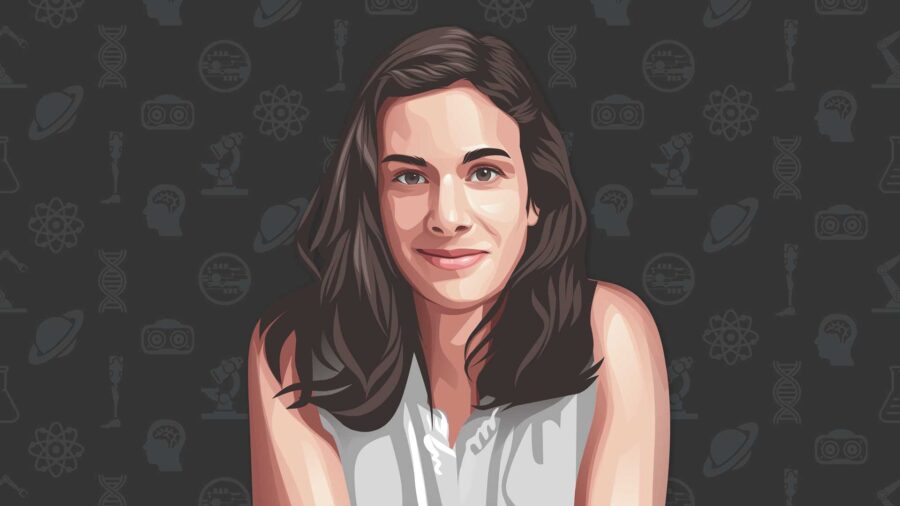
We rarely think about the link between trust and progress and innovation, and how societies move forward. But when you start to think of it like that, you realize that trust is actually the key component not just for companies but any organization that wants human beings to try new things.
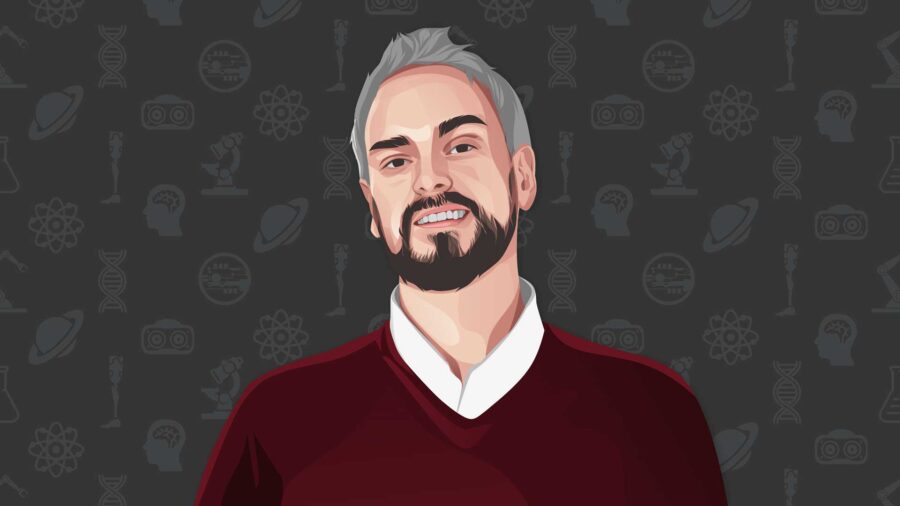
Traditional psychology and counseling will help people understand in a very linear way why they are the way they are. Whereas what I’m really focused on and what I’ve been specializing in for the last number of years is the how. And for me, virtual reality therapy is the how of change.
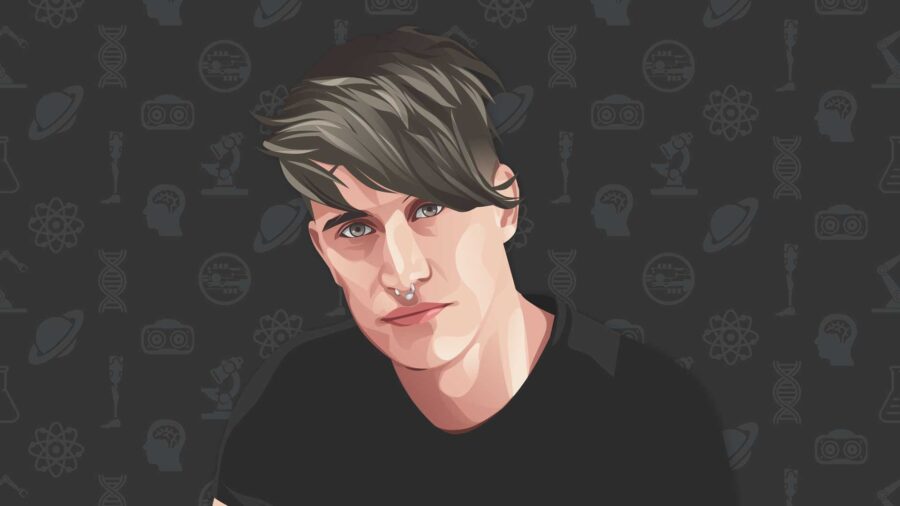
This idea of (re)performing the posthuman was pretty much based on a desire to talk about the cyborg ten years after, or fifteen years, twenty years after the Cyborg Manifesto and Katherine Hayles’ book became famous. And to really—yeah, to talk about maybe the normal cyborg, the normal technologized body. You know, technology in the everyday and its implications for the way we perceive and experience our bodies.

